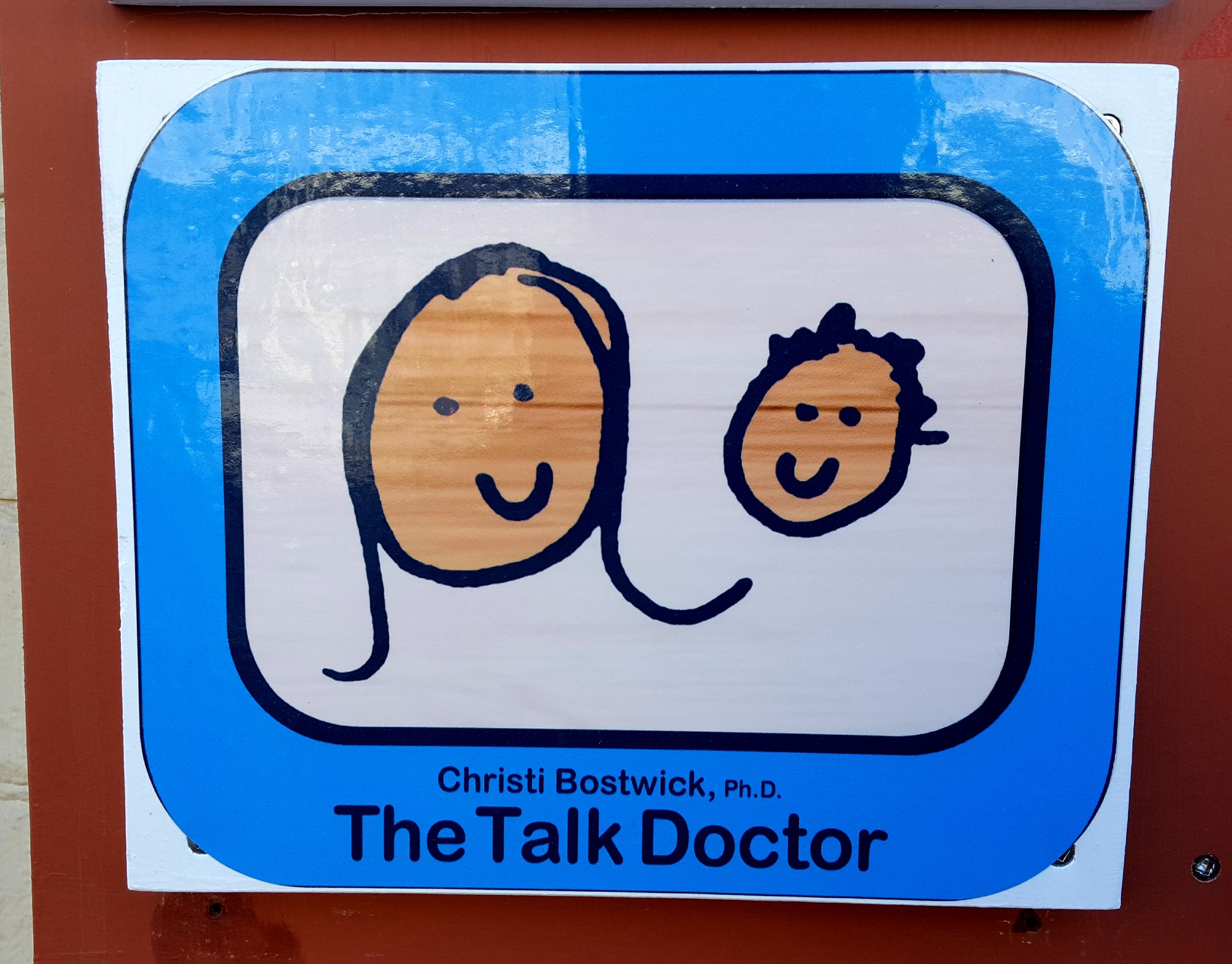Attention Deficit Hyperactivity Disorder (ADHD) presents unique challenges not only for the children diagnosed but also for their families. Understanding how to support these children effectively requires a comprehensive approach that integrates the entire family unit into the wellness journey. Family wellness programs have emerged as a pivotal strategy in addressing the multifaceted needs of children with ADHD. By fostering a supportive environment, these programs aim to enhance the overall well-being of the child while equipping family members with the tools necessary to navigate the complexities of ADHD. This article delves into the critical role family wellness programs play in supporting children with ADHD, examining evidence-based strategies and the transformative impact they can have on family dynamics. Through an analytical lens, we will explore how these programs not only alleviate symptoms but also promote a harmonious and nurturing environment conducive to the child’s development and the family’s collective growth.
Understanding ADHD: A Comprehensive Overview for Families
- Structured Routines: Establishing consistent daily schedules helps children with ADHD anticipate activities and manage transitions more smoothly.
- Mindfulness and Relaxation Techniques: Practices like yoga and meditation can reduce stress and improve focus for both children and parents.
- Parental Education and Training: Workshops that equip parents with skills to handle behavioral challenges are essential in reinforcing positive behavior.
- Physical Activity: Regular exercise is known to improve attention and reduce hyperactivity, benefiting the entire family.
- Nutrition and Diet: Understanding the impact of certain foods on behavior can help in planning meals that support cognitive and emotional health.
The integration of these elements within a family wellness framework empowers parents to create a nurturing environment that addresses the unique needs of children with ADHD. By engaging in these programs, families can foster resilience, enhance communication, and build stronger, more empathetic relationships.

Implementing Family Wellness Strategies to Foster Positive Behaviors
Creating a nurturing environment for children with ADHD involves a combination of understanding, structure, and proactive engagement. Families can adopt several wellness strategies to foster positive behaviors and improve the overall family dynamic. Establishing a consistent routine is crucial; predictability helps children with ADHD manage their time and reduces anxiety. Make sure to include time for homework, play, and relaxation in their daily schedule. Open communication is equally important. Encourage family members to express their feelings and listen actively to each other. This creates a supportive atmosphere where children feel safe to share their challenges and achievements.
Incorporating physical activities into the family’s daily life can significantly benefit children with ADHD. Exercise not only improves physical health but also enhances focus and mood. Simple activities like family walks, cycling, or playing sports can be both fun and beneficial. Additionally, prioritize nutrition by providing balanced meals that support cognitive function and energy levels. Consider consulting a nutritionist to tailor a diet plan that suits your child’s needs. Lastly, mindfulness practices such as meditation or yoga can help children develop better self-control and emotional regulation. By integrating these strategies, families can create a holistic support system that empowers children with ADHD to thrive.

Creating a Supportive Home Environment: Practical Tips for Parents
To foster a nurturing atmosphere for children with ADHD, consider integrating family wellness programs that emphasize structure and flexibility. Establishing a consistent daily routine can significantly reduce stress and create a sense of security. Begin with simple activities such as setting a regular bedtime, designated homework hours, and scheduled family meals. This structure not only helps children with ADHD focus better but also enhances their ability to predict and prepare for upcoming events. While consistency is crucial, allow room for spontaneity to encourage adaptability and creativity.
- Create a calm space: Designate a quiet area in your home for relaxation and focus, filled with calming colors and minimal distractions.
- Incorporate mindfulness practices: Introduce short, guided mindfulness exercises that can be practiced together as a family to improve concentration and emotional regulation.
- Promote physical activity: Encourage activities like yoga or nature walks, which can help manage hyperactivity and improve mood.
- Involve the child in decision-making: Give them choices within structured limits to enhance their sense of control and confidence.
By implementing these strategies, parents can create a supportive home environment that not only caters to the needs of children with ADHD but also strengthens family bonds and promotes overall wellness.

Engaging Community Resources to Enhance Family Wellness Programs
Another effective strategy is partnering with local healthcare providers and mental health professionals who specialize in ADHD. These experts can offer invaluable insights and training sessions for both parents and children, ensuring that families are equipped with the latest strategies and tools to manage ADHD symptoms. Furthermore, engaging with support groups within the community can create a network of shared experiences and advice, reducing the sense of isolation often felt by families. These groups often facilitate open discussions and foster an environment of understanding and empathy, making them a crucial part of a holistic wellness approach.



